Eboni K. Williams Returns From Social Media Hiatus After Heated Exchang W/ ‘RHONY’ Co-Stars: I’m Not ‘Angry’, I’m A Disrupter
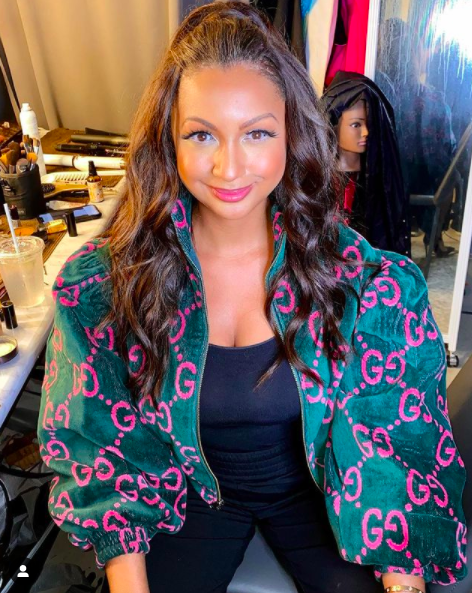
Eboni K. Williams Returns From Social Media Hiatus After Heated Exchange W/ ‘RHONY’ Co-Stars: I’m Not ‘Angry’, I’m A Disrupter
Eboni K. Williams has returned to social media with a message.
The Real Housewives of New York newcomer previously announced a break from social media as she navigated through heated conversations about race with her co-stars.
View this post on Instagram
One moment included a back and forth with Luann de Lesseps, 56, in which she called Eboni K. Williams an “angry woman”, sparking the stereotype of the “angry, black woman.”
Now, Eboni K. Williams is back on social media, and shutting down Luanna de Lesseps’ claims that she’s an “angry woman.”
She said in the caption of her return,
“Guess who’s back?!! Legit missed ya’ll. ?
?
This little social media break was much needed. I hope you all were able to digest these last couple of episodes and reflect.”
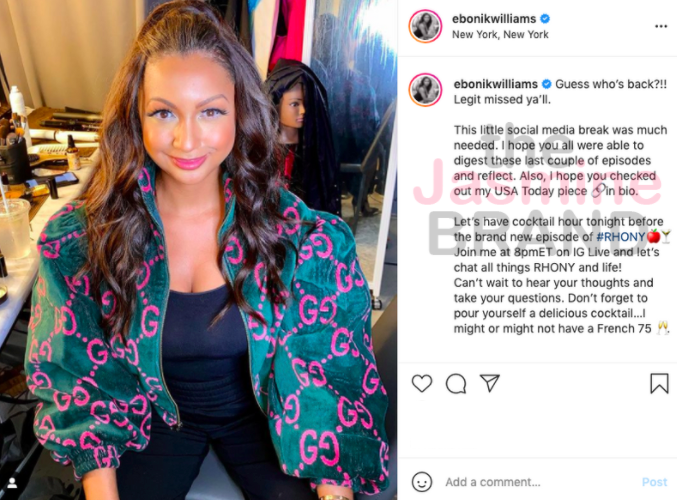
It was accompanied with an op-ed with USA Today called: First Black ‘RHONY’ cast member Eboni K. Williams: I’m not ‘angry.’ I’m a disrupter.
She wrote in part,
“Let me say it another way: We are not angry. We are human. And when you call us angry in lieu of considering the other emotions we might be experiencing at any given moment, you rob us of our very right to humanity. You take away our very essence as human beings, which we’re entitled to by birthright.”
“The default labeling of Black women as angry is as egregious as the misogynistic trope that labels women of all colors – including white women – as hysterical, irrational and too emotional any time they express their thoughts or feelings in a way that is not pleasing to the patriarchy. Those deeply sexist labels rip away the access and right to the broad spectrum of human emotion. When that is taken away, we lose all opportunity to build an equitable society.”
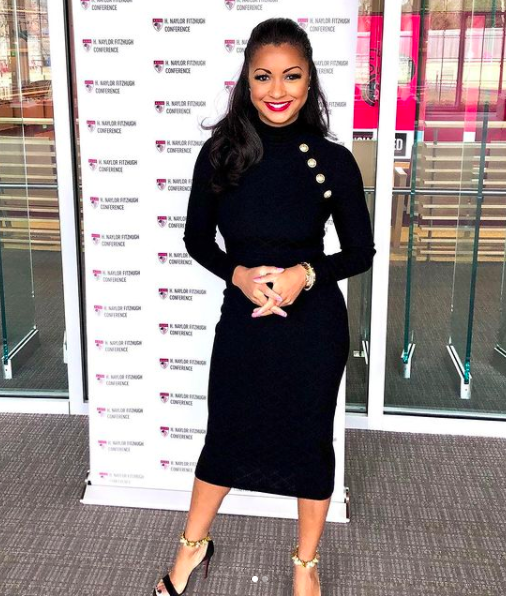
Eboni K. Williams
She addressed her mental space when the infamous episode aired and noted that it came on the 100th anniversary of the Tulsa Race Massacre. The tragedy is one of the worst for racial violence in the nation’s history. It occurred for 18 hours from May 31, 1921 to June 1, 1921. In that timeframe, a white mob brutally attacked several residents, homes, and local businesses in Tulsa’s Greenwood community, which is predominantly black.
Eboni K. Williams wrote,
“On June 1, when “RHONY’s” “race moment” aired and viewers all over the world took their sides, Tulsa was where my thoughts were, Tulsa was where my body physically was and Tulsa was where my spirit gathered itself again.
“Nowhere are the lessons of sitting with pain and allowing for shared humanity more evident than in the Tulsa race massacre. My work has been and will always be about helping to put Americans on a trajectory of realizing our shared humanity. But we must process both truth and reconciliation – in that order, and as an inextricable pair. There can never be reconciliation without first identifying and articulating the truth.”
“Some might not have grasped the milestone of me appearing as the first Black housewife on “RHONY” but, if they knew my work, they know disrupting has always been a part of every space I enter. My predisposition to disruption is singularly rooted in my unrelenting desire to seek and speak the truth.”

She ended with,
“In Tulsa so much fell in place for me. What happened on “RHONY,” during the Shabbat dinner, and what I have carried with me my whole life as a Black woman navigating white spaces all comes down to the benevolent intention behind the disruption that has been so natural to me for so long.”
“So, when I say I will not be policed, I will not be silenced, I must be free to speak my truth, you are hearing my invitation to sit with me and my pain. And that invitation is the only pathway to both truth and reconciliation, which is the blessing of our shared humanity, the ultimate American Dream.”
Read her full article here.
What are your thoughts on what Eboni K. Williams had to say? Comment and let us know.


 Previous Article
Previous Article Next Article
Next Article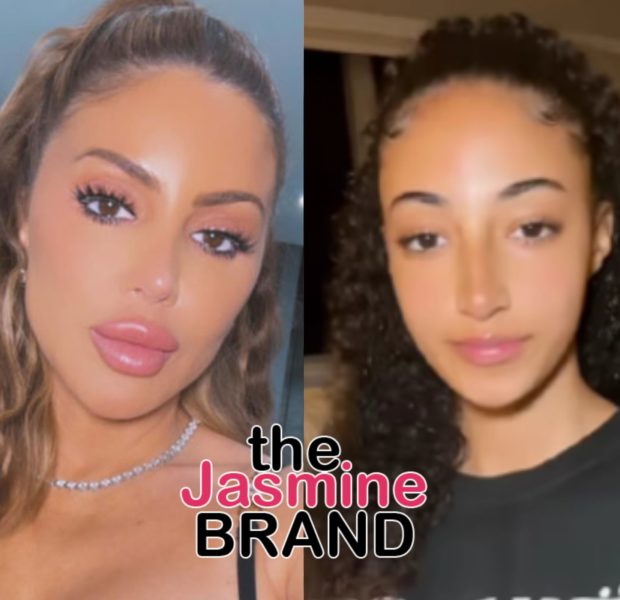 Larsa Pippen Has No Problem Giving Her 15-Year-Old Daughter A Monthly Allowance of $2500 Because ‘LA Is Super Expensive’
Larsa Pippen Has No Problem Giving Her 15-Year-Old Daughter A Monthly Allowance of $2500 Because ‘LA Is Super Expensive’ ![Khloe Kardashian Sparks Nose Job Rumors [Photo]](https://thejasminebrand.com/wp-content/uploads/2019/05/Khloe-Kardashian.png) Khloe Kardashian Sparks Nose Job Rumors [Photo]
Khloe Kardashian Sparks Nose Job Rumors [Photo] 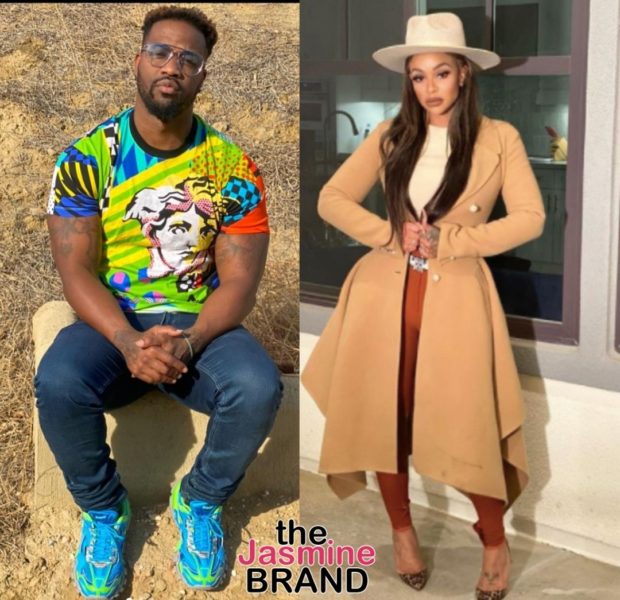 Masika Kalysha And Ex-Fiancé Post Same View From Vegas Hotel After Calling Off Their Engagement
Masika Kalysha And Ex-Fiancé Post Same View From Vegas Hotel After Calling Off Their Engagement 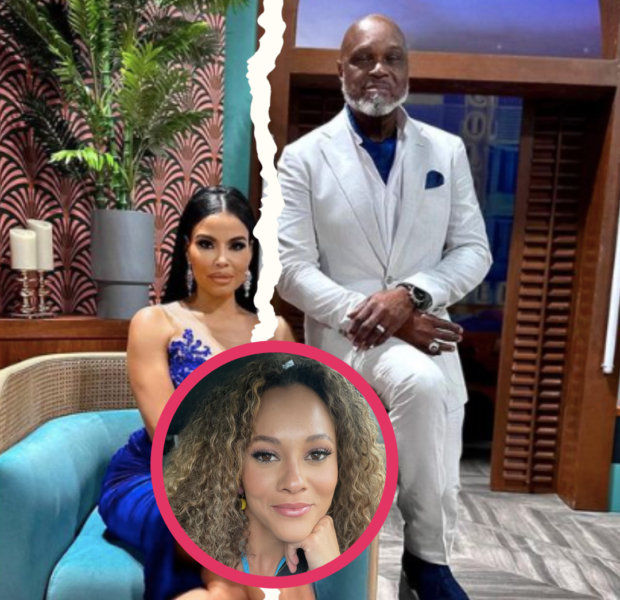 Ashley Darby Says Mia Thornton Is Trying To Protect Estranged Husband Gordon Thornton w/ Claims That Money Issues Ruined Their Marriage: ‘There’s A Lot More To The Situation’
Ashley Darby Says Mia Thornton Is Trying To Protect Estranged Husband Gordon Thornton w/ Claims That Money Issues Ruined Their Marriage: ‘There’s A Lot More To The Situation’ 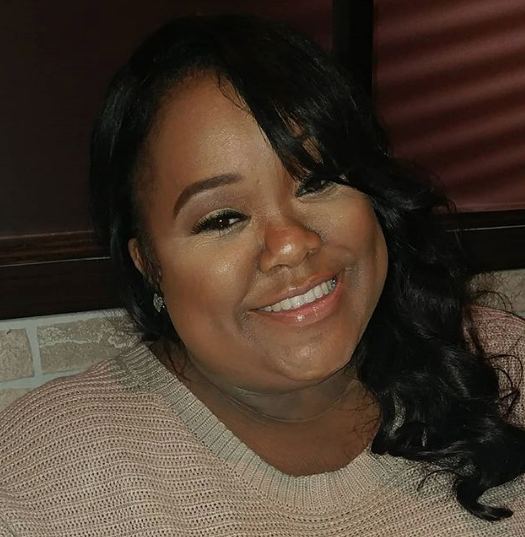 Little Women Atlanta’s Ashley “Ms. Minnie” Ross’ Memorial Will Be Live Streamed, New Details About Car Accident That Killed Her Released
Little Women Atlanta’s Ashley “Ms. Minnie” Ross’ Memorial Will Be Live Streamed, New Details About Car Accident That Killed Her Released 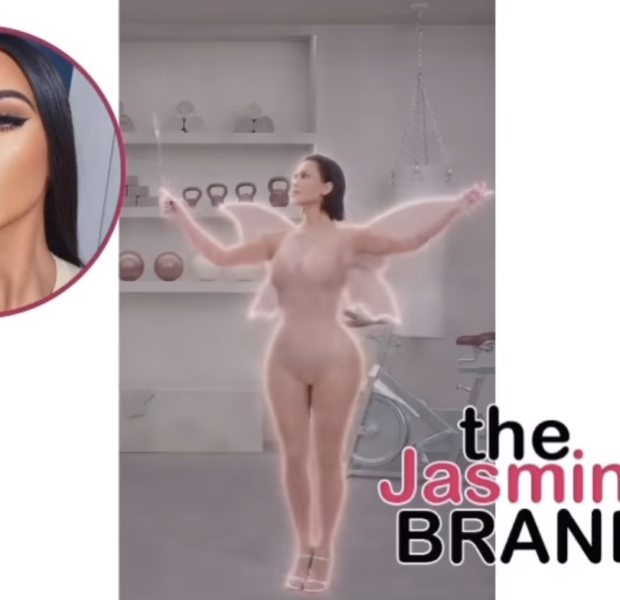 Kim Kardashian Unveils SKIMS’ ‘The Ultimate Butt’ Collection That Makes Boobs & Booty Appear Larger
Kim Kardashian Unveils SKIMS’ ‘The Ultimate Butt’ Collection That Makes Boobs & Booty Appear Larger  Kim Kardashian Reveals She Has 3 More Years of Law School to Complete
Kim Kardashian Reveals She Has 3 More Years of Law School to Complete 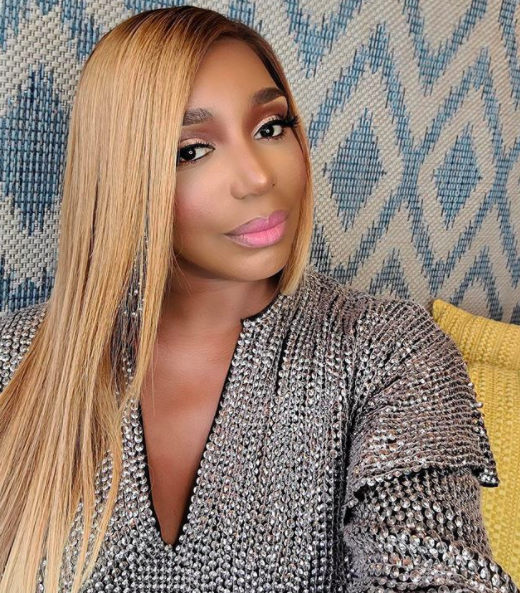 NeNe Leakes Says She’s Being Blacklisted, Followed & Harassed: Stop Harassing Me, My Business And My Family!
NeNe Leakes Says She’s Being Blacklisted, Followed & Harassed: Stop Harassing Me, My Business And My Family!